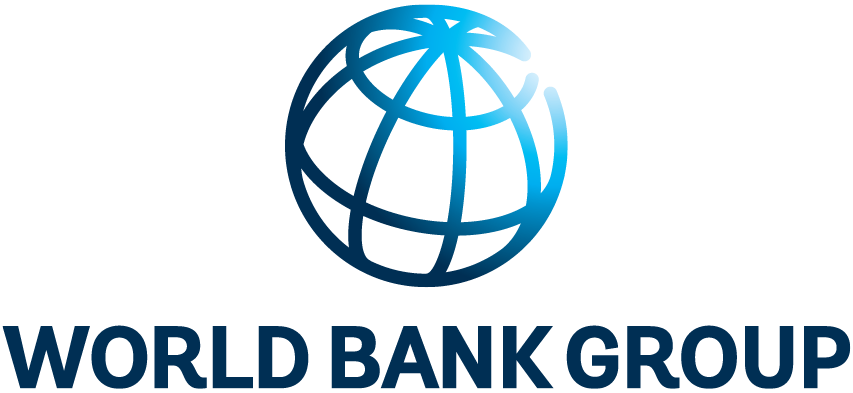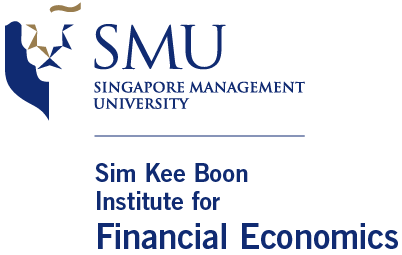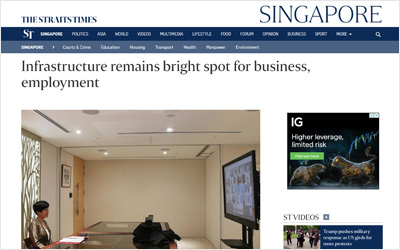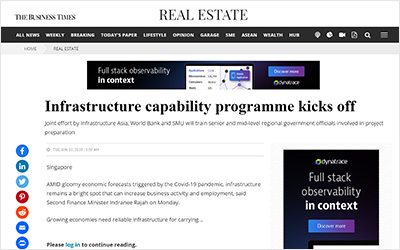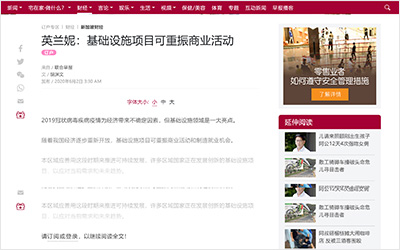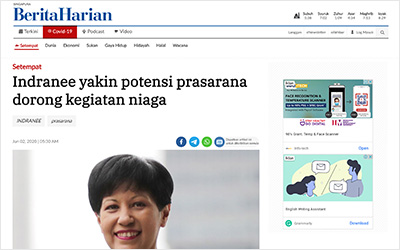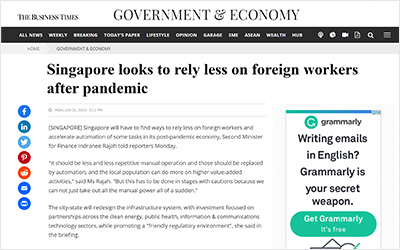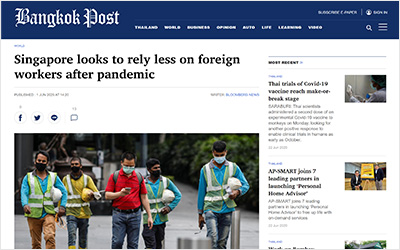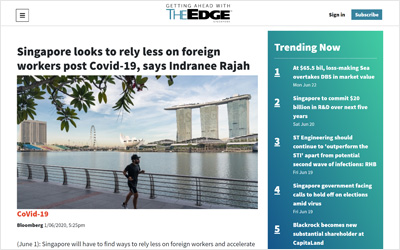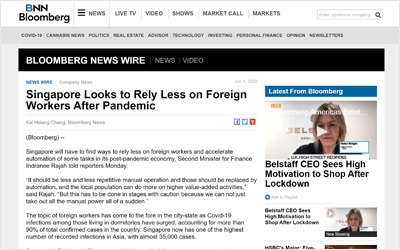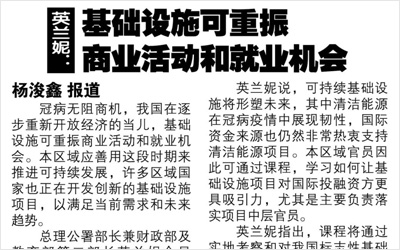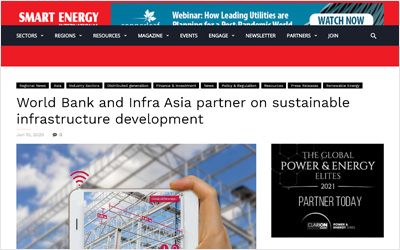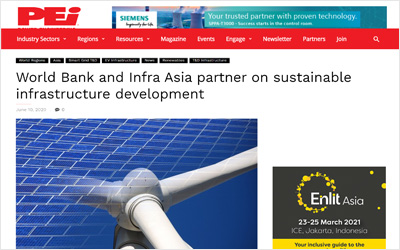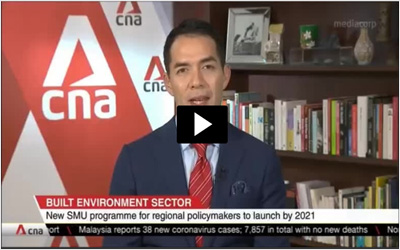|
|
Enabling & Structuring for Private Sector Participation in Finance and Innovation
* In the event of Covid-19 restrictions, the course may be conducted virtually.
Overview of the
Growing Infrastructure Course
Infrastructure Asia (InfraAsia), World Bank Group (WBG) and Singapore Management University (SMU) have joined hands to develop a bespoke course that builds leadership capabilities within the infrastructure sector across the region.
Titled “Growing Infrastructure – Enabling & Structuring for Private Sector Participation in Finance and Innovation”, this course was co-designed by all three organisations and will be delivered by SMU in partnership with InfraAsia.
Course Highlights
The course combines the strengths of each partner – InfraAsia’s connections with the regional infrastructure ecosystems, SMU’s industry collaborative networks, and the WBG’s global development expertise. Called “Growing Infrastructure – Enabling & Structuring for Private Sector Participation in Finance and Innovation”, it aims to support regional infrastructure development and raise participants’ awareness of solutions from Singapore-based companies. In particular, it will equip participants with the knowledge and skills to create a regulatory environment that is friendly towards private sector involvement in infrastructure.
Who Should Attend
Senior and mid-level decision makers and policymakers in the infrastructure sector, from South and Southeast Asia.
For this upcoming run, InfraAsia is inviting government officials working on Clean Energy projects to apply.
Selection Criteria
All registered participants will go through a selection process by InfraAsia before receiving confirmation to attend the course. Application to the course does not constitute a guaranteed admission.
Course Objectives

Public Private Partnership
(PPP) Certification
The PPP Certification, organised through the APM Group (APMG) PPP Foundation Certification, aims to foster a common minimum level of knowledge and understanding amongst individuals working on PPPs, create consistency in the usage of PPP terms, and standardise the process for the delivery of PPP projects. The PPP Foundation Certification is the first stage of the APMG PPP Certification Program. Module 1 will be done via APMG certification.

Clean Energy
With climate change and the urgency to meet net-zero carbon targets, governments need to develop strategies, policies and plans for the energy transition. The infrastructure sectors in several developing countries face numerous challenges in mobilizing resources to meet the new sustainability goals. This module aims to provide participants with practical perspectives on clean energy including mechanisms such as green bonds, PPPs, carbon tax, carbon markets, offsets and credits. Case studies will provide participants with the tools to analyse the varied policies, sources of finance as well as the economic, environmental, and social impacts.

Integrating New and Innovative Technologies
This module will provide an opportunity for participants to develop a deeper understanding of how new and innovative technologies can bring efficiencies, service improvements and sustainable solutions. Through selected case studies, participants will learn how governments can use PPPs to finance and implement climate friendly technologies in electricity generation, transportation and green buildings. Participants will engage with private and public sector leaders to discuss the opportunities as well as challenges.
 Prof. Phang Sock Yong
Programme Director
Celia Moh Chair Professor of Economics Singapore Management University |

Executive Development
Singapore Management University

Professor of Finance (Practice); Director
|
This course offers full sponsorship for air tickets, hotel accommodation in Singapore, course fees and ground transport in Singapore (Terms and Conditions apply) to eligible applicants.
|
Press Release
ABOUT SMU EXECUTIVE DEVELOPMENT
Singapore Management University Executive Development (SMU ExD) is dedicated to international talent development in a contemporary Asian setting. Integrating the best of Asian and Western practices and theories, our Open Enrolment and Custom Programmes deliver outstanding returns on investment for individuals and organisations, leveraging meticulously-designed curricula which address business challenges in the context of Asia.
|
ABOUT SMU SIM KEE BOON INSTITUTE FOR FINANCIAL ECONOMICS
Sim Kee Boon Institute for Financial Economics (SKBI) is the premier Asian institute for applied financial research and training in financial economics. It is the think-tank within SMU that spearheads cutting-edge research in financial markets that is driven by industry and societal needs in Singapore and the region.
Over the last 10 years, a diverse portfolio of financial research, outreach and training initiatives has been built. In the coming 10 years, while further expanding that traditional financial economics portfolio, the Institute will focus our efforts on the areas of financial inclusion and education, sustainable finance, financial technology, and data and governance. To maintain our relevance to finance practitioners and policy-makers, SKBI also adopts a view on Asian and global economic trends.
The Institute conducts fundamental and applied research which aims at solving real-world issues. Besides research, SKBI also actively engages in outreach, executive training and research dissemination through organising courses, seminars and conferences.
Infrastructure Asia supports Asia’s economic and social growth through infrastructure development. By harnessing the networks and collective capabilities of public sector agencies and private sector firms, we partner stakeholders across the region to meet Asia’s infrastructure needs. We do this by: • Connecting partners by matching solutions providers and financing to ready projects; • Building capacity in demand markets; and • Providing top-level project consultancy services to improve project viability
The World Bank Group is one of the world’s largest sources of funding and knowledge for developing countries. Its five institutions share a commitment to reducing poverty, increasing shared prosperity, and promoting sustainable development. With 189 member countries, staff from more than 170 countries, and offices in over 130 locations, the World Bank Group is a unique global partnership: five institutions working for sustainable solutions that reduce poverty and build shared prosperity in developing countries.
ABOUT SINGAPORE GREEN FINANCE CENTRE
The Singapore Management University, in collaboration with Imperial College London, established Singapore’s first centre of excellence to support and transform businesses in Singapore and the Asian region in the areas of Sustainability, Climate and Green Finance. The Singapore Green Finance Centre does this through high-impact research, outstanding educational programmes, and new talent development.
The centre, supported by finance industry partners and the Monetary Authority of Singapore, aims to mobilise a growing community of practitioners who are armed with knowledge, hungry for action, and biased towards solutions.
SHARE ARTICLE
© Copyright 2023 by SMU Executive Development, Singapore Management University. All Rights Reserved.




